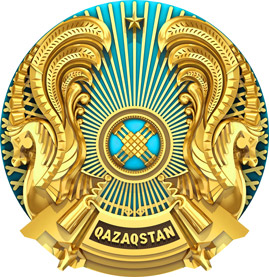Domestic Policy | Modernization Programs
Nurly Zhol

First President Nursultan Nazarbayev in November 2014 announced a robust domestic stimulus policy titled ‘Nurly Zhol’ (Bright Path) that will drive state and foreign direct investment into critical infrastructure and priority sectors and drive economic growth. Nurly Zhol will total around $9 billion U.S. dollars and help to shift productivity towards agribusiness, manufacturing, trade and logistics, tourism, information technology and finance, and away from the oil sector. Importantly, Nurly Zhol will increase liquidity in the loans to small and medium sized business and domestic exporters. Nurly Zhol forecasts 4,500 new jobs by supporting SME growth.
Nurly Zhol targets seven areas of investment:
- Development of transport and logistics infrastructure. Main road projects include those linking China to Western Europe, and Astana to Almaty. A logistics hub is being created in the east of the country, while marine infrastructure is being developed in the west.
- Development of industrial infrastructure. This includes the completion of infrastructure in existing special economic zones, and the construction of new industrial zones. The development of tourism infrastructure is expected to create many jobs.
- Development of energy infrastructure. The focus is on the construction of high-voltage lines spanning Ekibastuz, Semey and Ust-Kamenogorsk, and Semey to Aktogay, Taldykorgan and Almaty, with a view to ensuring a balanced energy supply.
- Modernization of public utilities infrastructure, and water and heat supply networks. In addition to the funds already budgeted for the modernization of heat and water supply systems, up to $540 million will be dedicated each year to accelerating the upgrades.
- Strengthening of housing infrastructure. Social housing will be constructed and made available for long-term rent with the right to buy. Low-interest loans and low mortgage interest will help make housing more affordable.
- Development of social infrastructure. An additional 20 billion tenge is being spent to reduce the deficit of kindergarten places. Ten higher-education institutions will also receive additional funding. 7. Support for small and medium-sized enterprises, and business activities. Loans totaling $837 million will help increase the output of the SME sector to 50 per cent of GDP by 2050.


